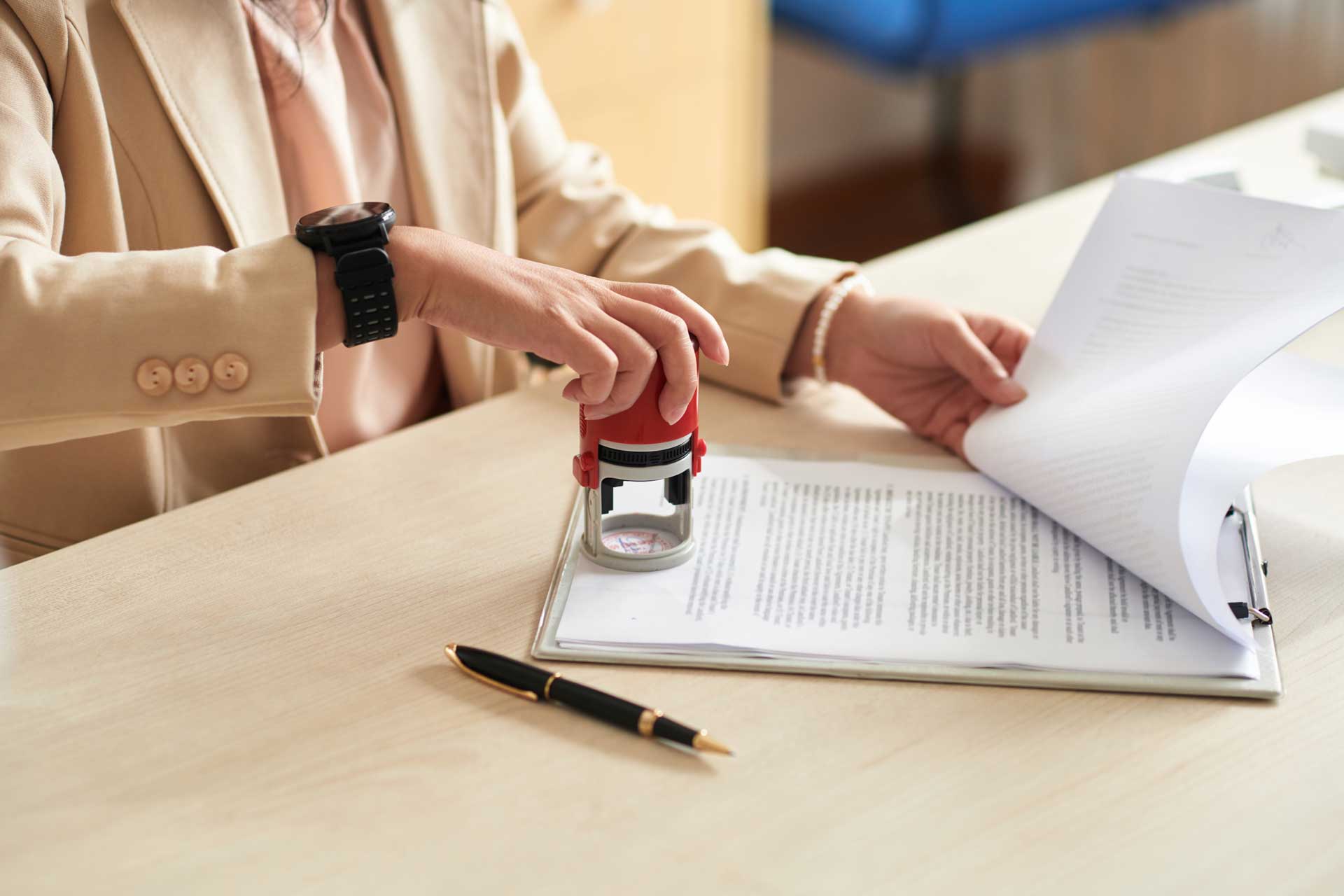
Witnesses play an essential role in the notarization process, helping to confirm that the document was signed willingly, without coercion, and by the individual whose signature appears on it. Depending on the type of document and state laws, witnesses may or may not be required. To properly navigate witness requirements, notaries must understand the legal obligations involved and ensure they follow best practices.
This guide outlines the role of witnesses in notarizations, state-specific requirements, and critical practices to avoid common mistakes.
In a notarization, the primary role of a witness is to verify that the individual signing the document did so voluntarily and in their presence. The witness ensures that the signer understands the document and is not being coerced into signing. Witnesses do not verify the document’s content, but they confirm the authenticity of the signing process.
Unlike the notary, who is responsible for verifying the signer’s identity and administering any required oaths, the witness observes the signing and attests to its authenticity by adding their signature to the document. Witnesses must be impartial and should not have any vested interest in the document.
Read More: How To Prepare For Your First Notary Job
Witness requirements vary across states and, in some cases, across different types of documents. Many states require witnesses for specific documents, such as wills or real estate deeds, but not for general notarizations. Understanding the legal framework in your state is critical to ensure a valid notarization.
| State | Witness Required | Document Type |
| Florida | Yes (2) | Wills, Real Estate Deeds |
| Georgia | Yes (1) | Deeds, Powers of Attorney |
| California | No | Generally Not Required |
Some states like California require two witnesses to be present if an individual cannot sign their name physically and instead uses a mark (such as an “X”). These witnesses must observe the mark being made and provide their signatures to confirm the validity of the signing process.
Some states do not require a notary for wills to be legally binding. Typically, wills must have two witnesses who are not beneficiaries. However, for a “self-proving will,” the signatures of both the testator and the witnesses can be notarized. Make sure to check your state’s website for specifics on will requirements.
Witnesses must meet specific qualifications to ensure the validity of the notarization. These qualifications are generally consistent across states, but some variations may exist. The essential qualifications include:
The notary’s responsibility extends beyond verifying the signer’s identity. When witnesses are required, the notary must ensure that the proper number of witnesses are present and that they meet the necessary qualifications. The notary should also:
| Date | Document Type | Signer Name | Witness Name | ID Provided |
| N/A | Real Estate Deed | John Doe | Jane Smith | Driver’s License |
Handling witnesses during notarizations requires attention to detail. Some common mistakes can undermine the legality of the notarization. These include:
By avoiding these errors, notaries can ensure that their notarizations hold up under legal scrutiny.
With the rise of Remote Online Notarization (RON), new challenges arise in managing witnesses. Some states now allow witnesses to participate in notarizations remotely via video conferencing, provided that the platform meets specific security standards and that witnesses can be appropriately identified and verified.
When conducting RON sessions requiring witnesses, notaries must ensure that the digital platform meets state-specific regulations and that the signer and witnesses are correctly identified.
Notaries must carefully manage the process to ensure compliance with state laws for notarizations involving multiple witnesses, such as real estate deeds or legal documents requiring additional validation. Here are a few tips:
Understanding witness requirements is essential for ensuring the validity of notarizations. Whether conducting a traditional notarization or Remote Online Notarization (RON), being aware of state-specific regulations, managing witnesses correctly, and keeping accurate records will help safeguard you and the individuals involved. Follow these best practices to avoid common mistakes and ensure your notarizations comply with all legal standards.
For further resources and detailed guidance on witness requirements, visit the Notary Public Association to explore helpful tools and tips for professional notarizations.
Disclaimer: All information provided by Notary Public Association is for educational purposes only and is not intended as legal advice. Notary Public Association makes no representations or warranties as to the accuracy, completeness, or applicability of the information provided and assumes no liability for any actions taken in reliance on it. Always consult a licensed attorney or your local commissioning authority for guidance specific to your notary responsibilities and jurisdiction.
Stay informed with our latest updates, tips, and exclusive offers – subscribe now!